(ECNS) -- According to data from the seventh population census and that from the National Bureau of Statistics, there are about 51.04 million sexagenarians in China, of whom more than 60 percent are engaged in primary industry, including agriculture, forestry, animal husbandry and fishing.
Data from the census yearbook of 2020 shows 62.44 percent of relatively-young seniors, or over 30 million, engage in agriculture, forestry, animal husbandry and fishery, mainly planting.
Dong Yuzhen, a population expert from the Guangdong Academy of Population Development, said that the elderly in the agricultural population has no fixed income and have to continue to make a living.
They won’t retire and have always been employed, said Dong.
At the end of last year, public data showed that the average actual monthly pension was 188 yuan (about $27.28), about 5.26 percent of the 3,577 yuan per month of urban workers.
For many rural elderly, their main source of livelihood depends on their own labor income or children's support. Apart from agriculture, forestry, animal husbandry and fishery, among sexagenarians who are employed, 7.29 percent engage in manufacturing, 8.31 percent in construction and 6.61 percent in wholesale and retail.
Generally, a considerable part of those still employed live in rural areas. Therefore, it is necessary to improve the financial subsidy standard and level of basic farmer pensions.
Niu Fengrui, former head of the Chinese Academy of Social Sciences City Development and Environment Institute, said most farmers will never retire.
With the development of the national economy and the improvement of public financial resources, the pension level of farmers should be appropriately raised, which can solve their living problems to a great extent, the expert said.
In addition, experts also suggested that an employment system for the elderly should be set up as more and more try to find jobs again after retirement.
They believe that adjusting relevant laws and regulations in a timely manner to provide basic labor security for over-age workers is significant to promote re-employment.
Ding Changfa, associate professor of the Economics Department of Xiamen University, said not all positions are suitable for the reemployment of old people, like manual labor.
He said the country should give full play to the resource advantage of its sexagenarians. For example, many can help their children take care of their babies, which could make a great contribution.









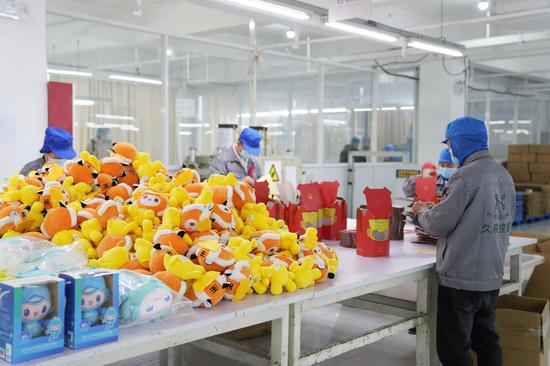




























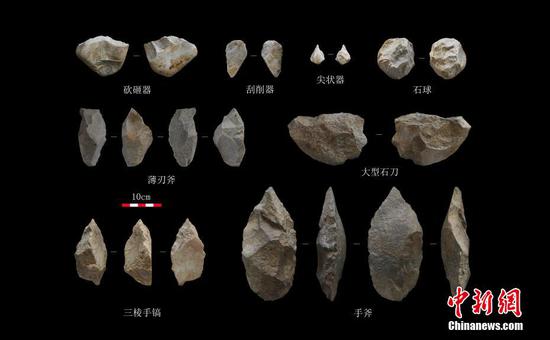
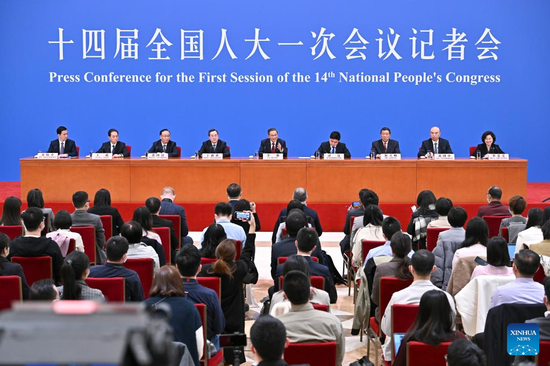

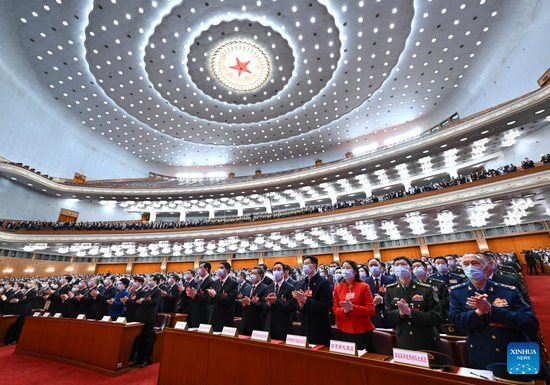

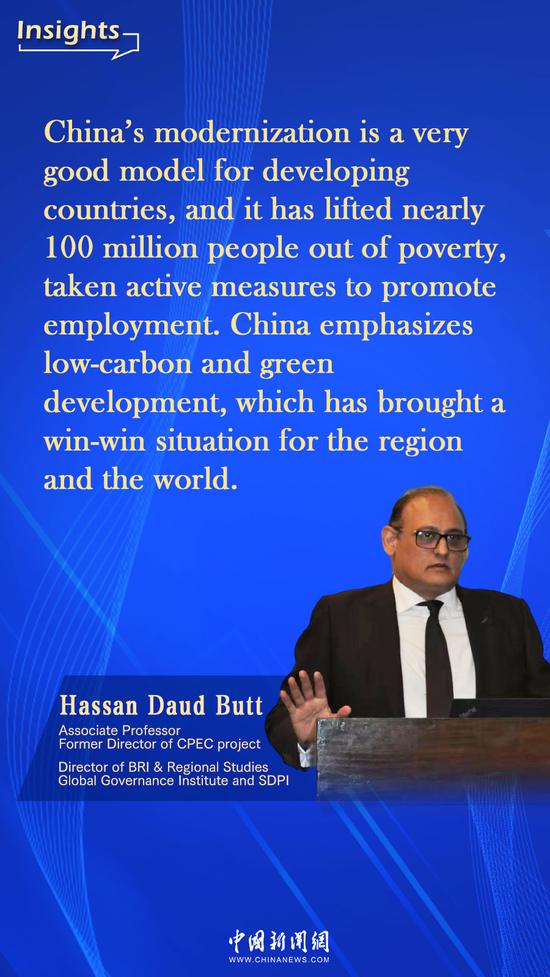
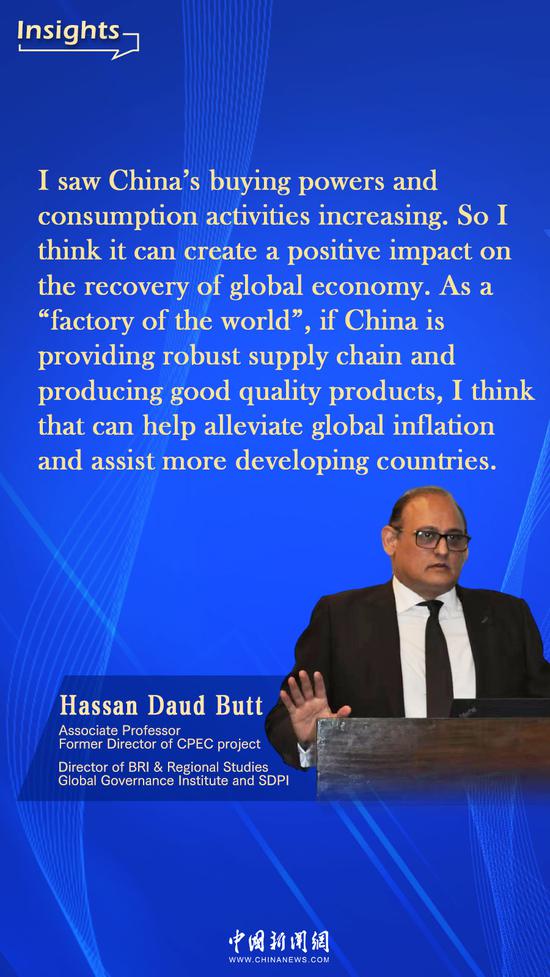





 京公网安备 11010202009201号
京公网安备 11010202009201号